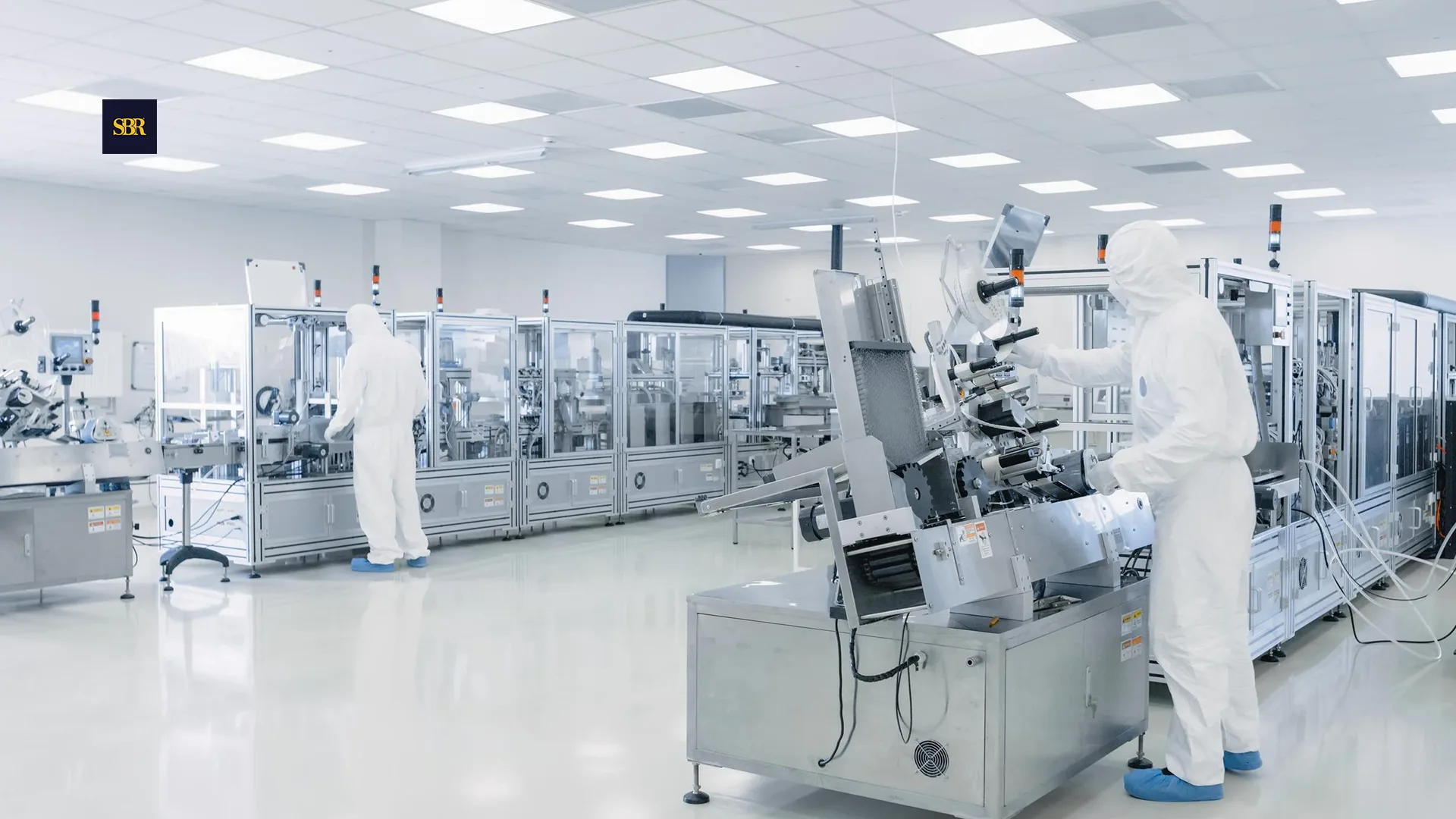MOUNTAIN VIEW, Calif., May 21, 2025 — Google will invest up to $150 million in Warby Parker to jointly develop AI-enabled smart glasses, the companies announced Tuesday during the Google I/O 2025 developer conference. The eyewear will run on Android XR and integrate multimodal AI technologies developed under Google’s Gemini project.
The initial commitment includes $75 million already allocated toward product development and commercialization efforts. Google said it plans to invest an additional $75 million in the form of equity, contingent on Warby Parker meeting performance benchmarks that were not publicly disclosed.
This marks a significant shift in Google’s wearable technology strategy. While previous smart glass initiatives, including Google Glass, were limited to enterprise use or failed to gain consumer traction, this partnership signals a broader push into the mass-market segment by focusing on style, accessibility, and AI functionality.
The joint development effort reflects a design-forward, retail-integrated approach. Warby Parker, known for its direct-to-consumer model and sleek frame designs, brings brand familiarity and optical credibility. Google brings the technical backbone—AI models, operating systems, and augmented reality capabilities.
According to the press release issued by both companies, the first line of smart glasses is scheduled to launch after 2025. It will include both prescription and non-prescription options, embedded with voice-enabled AI that can process visual input, contextual cues, and user queries. The glasses are being designed to work seamlessly with other Android-powered devices.
While specifics on the functionality remain limited, the inclusion of multimodal AI implies users will be able to interact with their environment in more natural ways. This could mean object recognition, real-time translation, navigation assistance, or even productivity tasks—all accessible through a lightweight frame.
The move comes at a time when consumer tech companies are actively seeking to integrate AI into everyday hardware. Google’s announcement at I/O also included new smart eyewear collaborations with Samsung and Gentle Monster, further solidifying Android XR’s role as a foundational ecosystem for augmented reality products.
The Warby Parker partnership draws comparisons to Meta’s ongoing relationship with EssilorLuxottica, the parent company of Ray-Ban. Meta’s Ray-Ban Meta smart glasses have outperformed earlier expectations, in part due to their accessible design and distribution through established optical retail channels. Analysts expect Google to take a similar path with Warby Parker by leveraging its physical storefronts and e-commerce network.
Retail presence will be critical in bringing AI-powered wearables to market. Google’s prior efforts with Glass lacked this retail bridge. By teaming up with Warby Parker, it gains access not only to design infrastructure but also to an existing customer base familiar with eyewear customization and face-fit services.
In an interview following the announcement, a Google spokesperson emphasized the need for functionality that doesn’t sacrifice form. “People don’t want to wear gadgets on their face. They want something that fits seamlessly into their lifestyle,” the spokesperson said. “That’s what this partnership is about.”
Warby Parker, for its part, has not previously entered the tech space at this scale. However, the company’s co-CEOs expressed confidence in combining their design-led philosophy with Google’s technical expertise. “We’ve always aimed to rethink what eyewear should be. Smart glasses are a natural evolution, not a gimmick,” one executive said.
The companies have not announced pricing, specs, or a launch date beyond “after 2025.” However, they did confirm that future iterations of the product line are already in early planning stages.
Google’s increased investment in hardware comes as it faces growing competition from Apple, Meta, and Samsung in the race to bring AI into daily consumer use. The challenge lies not just in capability, but in making AI feel intuitive, useful, and unobtrusive.
By collaborating with an eyewear company rather than a traditional electronics manufacturer, Google may be betting that success in this space depends more on ergonomics and retail culture than it does on raw processing power.
As the competition intensifies, industry observers will be watching to see if this blend of Silicon Valley software and New York retail design creates a viable path forward for smart eyewear adoption.
Whether it succeeds or stalls, the Warby Parker alliance represents Google’s clearest effort yet to ground its AI strategy in a product people might actually wear.
We’re combining Google’s AI with our design and optical expertise.
















